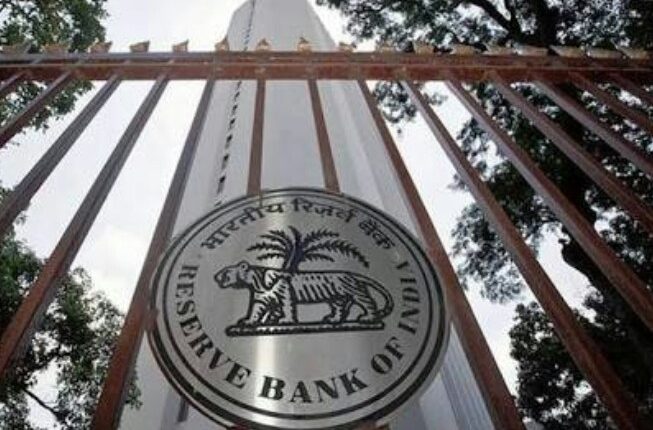As the gig workforce in India is expected to grow to 23.5 million by 2029-2030 – according to data from Govt. think tank NITI Aayog – the Reserve Bank of India (RBI) has reportedly started a trial of providing unsecured loans to gig workers under its Innovation Hub initiative. For this, the central bank has partnered with digital lender Vivifi Finance, as reported by the Economic Times, citing sources familiar with the matter. The Reserve Bank Innovation Hub (aka ‘RBIH’) – launched in March 2022 – is a wholly-owned subsidiary of the Reserve Bank of India (RBI) that aims to promote and facilitate an environment that accelerates innovation across the financial sector.
Under this new digital loan service initiative, the goal is to create a digital platform for providing loans to gig workers, integrating them into formal banking systems and offering credit based on that data. Gig workers are typically defined as temporary or freelance workers, particularly independent contractors engaged on an informal or on-demand basis, such as food delivery partners for Swiggy and Zomato, and cab partners for Ola, Uber, and others.
Earlier, NITI Aayog’s last report on the gig economy suggested that in 2020-21, 77 lakh (7.7 million) workers were engaged in the gig economy. They constituted 2.6% of the non-agricultural workforce and 1.5% of the total workforce in India. Notably, the gig workforce is expected to grow rapidly with the surge in the quick-commerce race in the country, which even involves big giants like Amazon.
During this pilot, alternative data such as a worker’s job history, income patterns, or activity on gig platforms – rather than the traditional credit score – is being used to assess the financial credibility of gig workers. Additionally, a new trial (pilot) project has recently been launched, where participants are using data from various sources to assess the credit reliability of gig workers, the report highlights.
Going forward, if the pilot is successful, the next step will reportedly be to integrate it with the Unified Lending Interface (ULI) platform – a digital infrastructure that enables lenders to access essential financial, non-financial, and alternative data for making informed credit decisions. These lenders (currently 36, including banks and NBFCs) are using more than 50 data services, like land records, satellite data, and document verification.
RBI’s latest trends and progress report shows that the Unified Lending Interface – a UPI-like digital public infrastructure in the lending space – has facilitated the distribution of over 600,000 loans amounting to ₹27,000 crore. Of this, approximately 160,000 loans, totaling ₹14,500 crore, have been disbursed to micro, small, and medium enterprises (MSMEs).
The Tech Portal is published by Blue Box Media Private Limited. Our investors have no influence over our reporting. Read our full Ownership and Funding Disclosure →






